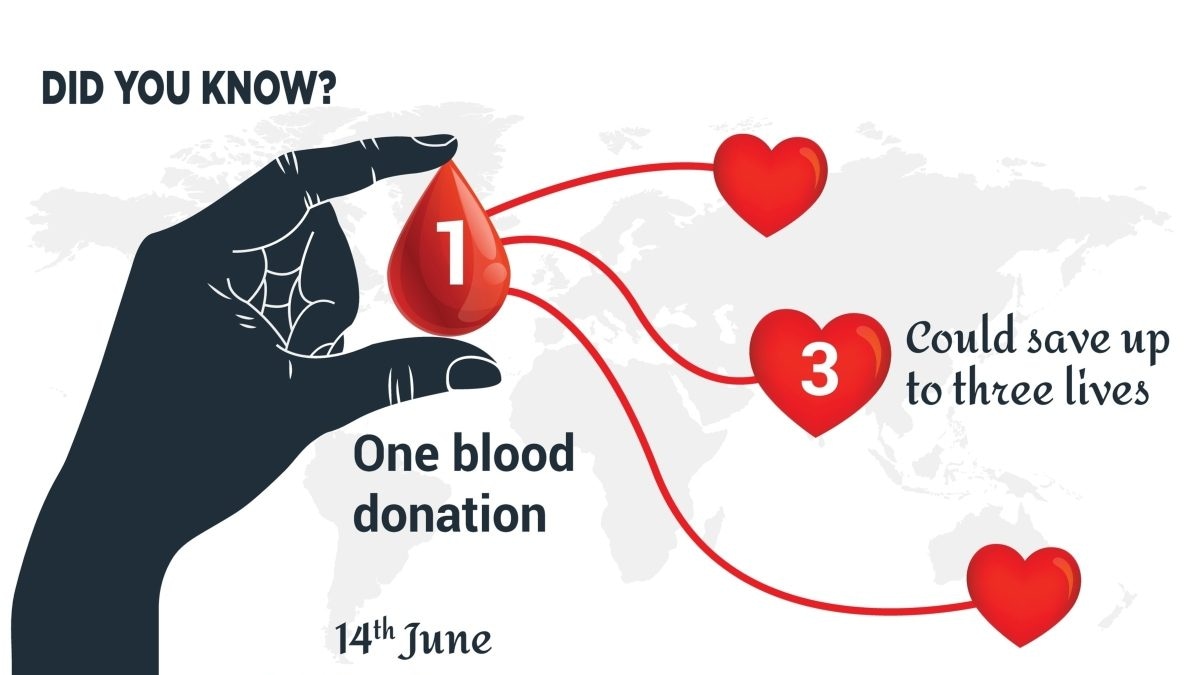Doctors may recommend genetic testing if you show symptoms of inherited heart disease or if you have a family history of such heart conditions. (Image: Shutterstock)
Many heart diseases, such as cardiomyopathy and long QT syndrome, can be detected by genetic testing.
Most people associate heart disease with older people and those living in poor conditions due to excessive alcohol consumption and smoking. However, people can often inherit heart problems. According to a 2019 study published in the Journal of the American College of Cardiology, genetic factors may be responsible for more than 30% of heart disease risk.
This is not a small number, especially considering that cardiovascular diseases are the leading cause of death and disability in India. So, if you have someone among your close relatives who has or had heart disease, here are some do's and don'ts for you:
What to do when heart disease runs in your family:
- Know your family's health historyThe first and most important thing is to know the details of what kind of heart problems your family members have. Many heart diseases, such as long QT syndrome, hypertrophic cardiomyopathy, and arrhythmogenic right ventricular dysplasia, can be inherited. If you know that your family members have had some of the genetic heart diseases, your diagnosis may be easy.
- Get genetic testingThere are genetic tests that can show if you have the gene that causes heart diseases such as cardiomyopathy and arrhythmias. These genetic tests only require a blood or saliva sample to detect the genetic mutations responsible for these disorders. Doctors may recommend genetic testing if you show symptoms of inherited heart disease or if you have a family history of such heart conditions.
- Healthy dietA healthy diet is important for maintaining good heart health. Include plenty of vegetables and whole grains in your diet. Add micronutrients like omega-3 fatty acids and vitamin B9 to your diet. Eating foods rich in antioxidants such as dark chocolate, green tea, beans, and citrus fruits also helps heart health.
- ExerciseRegular exercise is very effective in reducing the risks of inherited heart diseases. Many studies have shown that people who are more physically active are less likely to have a heart attack or stroke, even if they have a genetic risk for heart disease.
- Get enough, good quality sleepMake sure you get at least seven to eight hours of uninterrupted sleep every day. People who don't sleep well suffer from problems such as high blood pressure and obesity, which in turn can worsen their heart disease. Snoring excessively or having trouble sleeping can be a sign of underlying heart disease.
What not to do when heart disease runs in your family:
- Drink regular alcoholAccording to the British Heart Foundation, “there is a very clear link between drinking too much alcohol on a regular basis and having high blood pressure.” Over time, hypertension, exacerbated by alcohol, can develop into cardiovascular disease.
- Of smokingCigarette smoke is known to contain chemicals that can weaken blood vessels. In the long term, this can lead to heart diseases such as atherosclerosis, or the buildup of plaque in the arteries.
- Ignoring symptoms or missing regular checkups.If you have a family history of heart disease, don't ignore symptoms such as chest pain, excessive fatigue, high blood pressure, or difficulty breathing. Go for regular health checkups that can help with early detection of heart disease and make it easier to treat and manage.
- Lead a sedentary lifestyleIf you lead a sedentary lifestyle, you may develop lifestyle-related diseases such as hypertension and obesity. These, in turn, can increase the risk of developing a heart problem or worsen any inherited heart health problems. Try incorporating movement into your daily routine.
- Underestimate the importance of a healthy dietAvoid foods with extra added sugar like ice cream and processed foods. Limit your sodium intake and reduce red meat consumption. Make sure you drink at least a liter of water every day.












